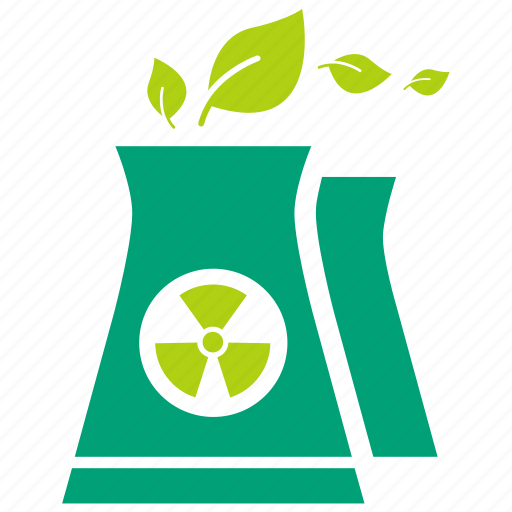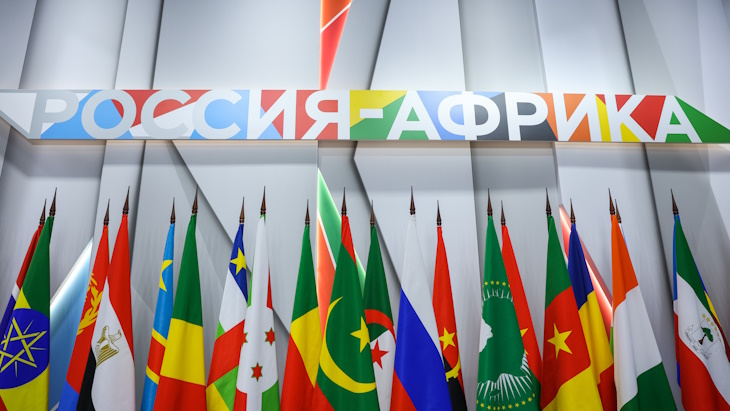Days after Mining Minister Ousmane Abarchi said that Niger was actively seeking to attract Russian investment in natural resources including uranium, Orano has said the financial situation for its majority-owned SOMAÏR subsidiary - operator of the Arlit mine - is still deteriorating.
The board of SOMAÏR has approved a motion to introduce protective measures which Orano says are essential for preserving the cash required to pay salaries and maintain the safety and integrity of industrial sites. “The Board is requesting a temporary halt to expenditure related to mining and processing ore, until such time as it resumes the export and sale of its products,” the French company said.
Orano owns 63.4% of SOMAÏR, with the remaining 36.6% owned by Niger state-owned mining assets company SOPAMIN.
SOMAÏR has been facing financial difficulties since the July 2023 coup d’état in Niger. Mining activities at the mine resumed after the coup, but the country’s border with Benin - the main supply and export corridor for the Arlit uranium mine - has remained closed and the company has been unable to resume sales. In October, Orano announced a decision to suspend mining activities at Arlit and use SOMAÏR’s remaining cash reserves to prioritise the payment of salaries and the upkeep of vital site functions.
Orano reaffirmed this commitment in a 12 November vote on a proposal to direct its remaining available cash reserves in this way. “The administrators representing SOPAMIN left the meeting room during that vote, choosing to abstain,” the French company said.
“Today, SOMAÏR is stifled by the debts accumulated by its shareholder SOPAMIN, and by its inability to export and obtain proceeds from the sale of its products, even though it has quality industrial facilities and mineral reserves which should permit production to continue until 2040; as well as a competent and highly-qualified Nigerien workforce, which has demonstrated commendable professionalism and resilience in this trying time,” Orano said.
“It is important to note that what is being announced is in no way a cessation of operations or closing of the site, but merely the decision to place a stop on all non-essential expenditure in the current configuration. As an operator, Orano has always made sustainable investments in SOMAÏR and regrets this situation and the difficult consequences it will entail for the 750 employees of SOMAÏR and the firm’s sub-contractors as well as the local economy.”
Russia statements ‘regrettable’, says Orano
Earlier this week, Abarchi told Russia’s RIA Novosti press agency that Niger was actively seeking Russian interest in its uranium and natural resources sector.
“We have already met with Russian companies that are interested in coming to Niger and exploring and extracting natural resources. And this area is not only about uranium. Indeed, we invited them to come to Niger for this,” he said in an interview on the sidelines of the first ministerial conference of the Russia-Africa Partnership Forum in Sochi.
Russia is also working on the practical steps to open an embassy in Niger - it closed its embassy in Niamey in 1992, and Russian interests there are currently represented by the Russian Embassy in the Republic of Mali. Speaking ahead of a meeting in Sochi with his Nigerien counterpart Yaou Sangare Bakary, Russian Foreign Minister Sergey Lavrov said the two nations’ “mutual commitment to expanding bilateral interaction” had been re-affirmed with the recent resumption of operations of the Nigerien embassy in Moscow, closed since 1995. By reopening “in the near future” the Russian embassy in Niamey “we will restore a robust diplomatic infrastructure which will be beneficial for bilateral relations”, he said.
Orano described Abarchi’s statements in Sochi as ‘damaging’ and said they would not alter the company’s position.
“Orano considers the statements by the Minister for Mining made to foreign media to be regrettable, as they indicate a choice which will not resolve the problems facing SOMAÏR … Only a united effort by all stakeholders to progress towards stability, and measures to stabilise operations over the long term, can allow SOMAÏR to resume its activities in peace.”


